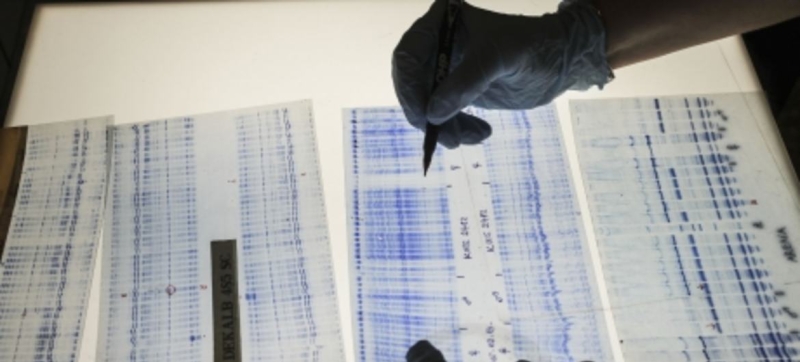
WHO has asked international and regional experts to identify the factors that matter most to them when deciding which vaccines to introduce and use. WHO lists pathogens for which new vaccines are urgently needed Health
A new study by the World Health Organization (WHO), published today in the journal eBioMedicine, identifies 17 pathogens that regularly cause disease in communities and for which new vaccines are urgently needed.
Priority Areas of Work
This is the first study of its kind. The scientists took into account regional disease burden, the risk of antimicrobial resistance, and the socioeconomic impact of potential outbreaks when compiling the list.
The study confirms long-standing priorities for vaccine research and development, including against HIV, malaria, and tuberculosis – three diseases that together claim almost 2.5 million lives each year.
The study also identified pathogens such as group A streptococcus and Klebsiella pneumoniae as top priorities for disease control in all regions, highlighting the urgency of developing new vaccines against pathogens that are increasingly resistant to antimicrobials.
Profit should not be the main factor
“Too often, global decisions on new vaccines have been driven solely by the return on investment, rather than by the number of lives that could be saved in the most vulnerable communities,” said Dr Kate O’Brien, Director of the Department of Immunization, Vaccines and Biologicals at WHO. “This study uses extensive regional experience and data to evaluate vaccines that will not only significantly reduce the rates of disease that severely impact communities today, but also reduce the medical costs faced by families and health care systems.”
WHO asked international and regional experts to identify the factors that matter most to them when deciding which vaccines to introduce and use. These preferences were analysed, combined with regional data on each pathogen, to produce the top 10 priority pathogens for each WHO region. The regional lists were then combined into a global list, resulting in 17 priority endemic pathogens for which new vaccines need to be researched, developed and deployed.
WHO Immunization Targets
This new global priority list of endemic pathogens for WHO vaccine research and development contributes to achieving the goal of the Immunization 2030 Agenda of ensuring that everyone, in every region, can benefit from vaccines that protect them from serious diseases.
WHO Priority List of Endemic Pathogens:
Group Streptococcus A
Hepatitis C virus
Klebsiella pneumoniae
Influenza virus (broadly protective vaccine)
Non-typhoidal salmonella
Plasmodium falciparum (malaria)
Shigella species
Staphylococcus aureus
Virus Dengue
Streptococcus group B
Extraintestinal pathogenic Escherichia coli
Mycobacterium tuberculosis
Respiratory syncytial virus (RSV)
